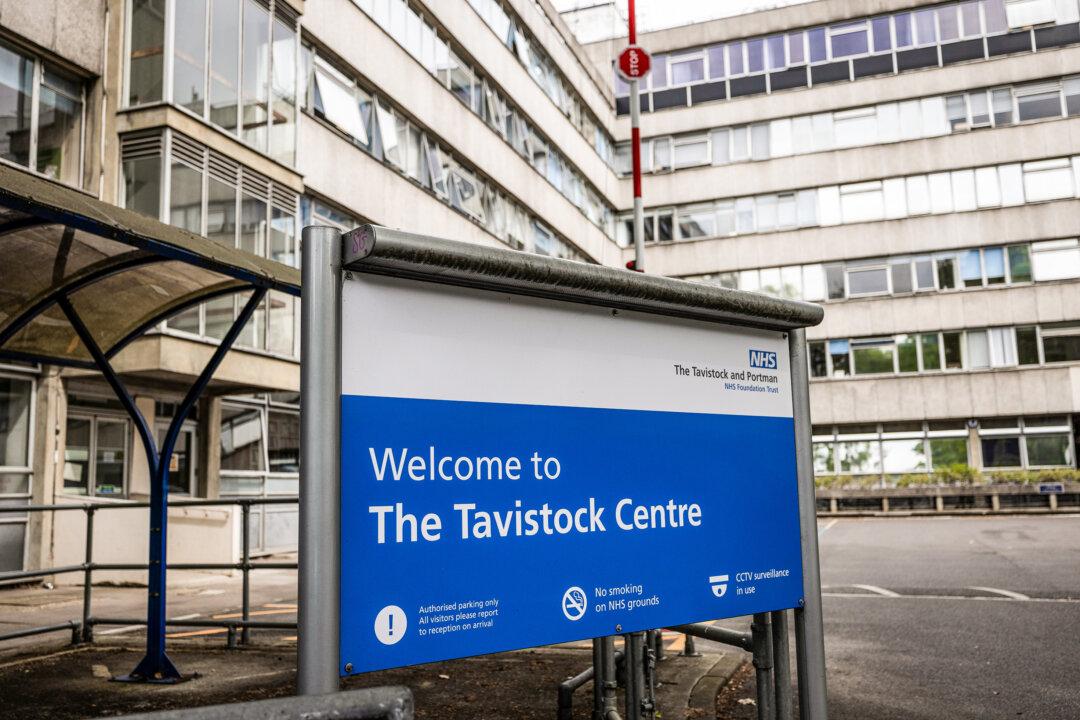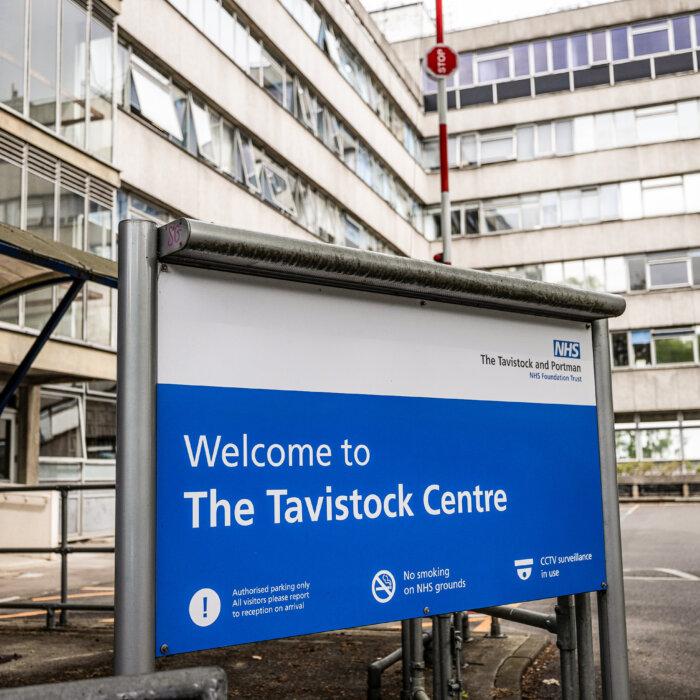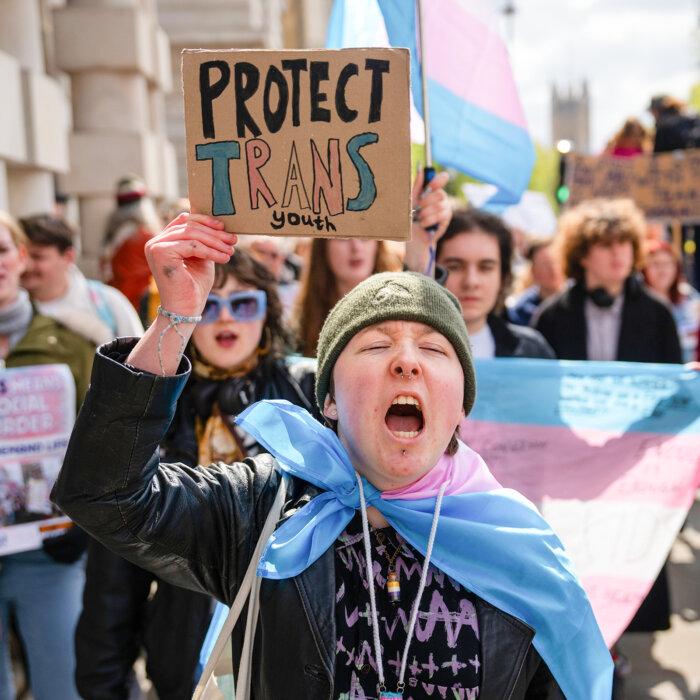The national waiting list for children experiencing gender confusion in England and Wales rose after the opening of two new specialist hubs, following the closure of the discredited Tavistock Clinic.
The latest figures reveal that more than 5,700 under-18s are now on the list to be seen by specialists, with an average wait time of close to two years.
Two new services, led by London’s Great Ormond Street Hospital (GOSH) and Alder Hey Children’s Hospital in Liverpool, opened in April after the closure of the scandal-hit Gender Identity Development Service (GIDS) run by the Tavistock and Portman NHS Foundation Trust.
Many clinicians and campaigners have raised concerns about the soaring numbers of children and young adults who believe they are “transgender,” with the damning Cass Review into the failings of so-called “gender care” being published in the same month as the new hubs opened.
A total of 236 patients were moved across from GIDS to the two new clinics, but thousands more children are still awaiting appointments, data obtained by the PA news agency show.
7,800 Percent Rise in Referrals since 2009
In 2009, just 72 children were referred to GIDS, meaning the percentage of children being referred has gone up by more than 7,800 percent.Leading paediatrician Dr. Hilary Cass’s report highlighted how many of the youngsters being referred to the service had other mental health issues besides gender dysphoria, often coupled with developmental differences such as autism.
Research shows that around 70 percent of those referred are teenage girls, while around 35 percent either have a diagnosis or show signs of autism.
Cass found that many children were having their their self-declared “identity” as the opposite sex “affirmed” by clinicians, and were then being placed on an inappropriate and irreversible path towards drugs and life-altering surgery.
The number of youngsters on the waiting list grew to 5,769 by the end of May, with the youngest child referred for treatment at that point under 5 years old, according to Freedom of Information requests by PA.
NHS England would not give the exact age of the youngest child as they said it was third party information.
Of the 127 youngsters transferred from GIDS to the GOSH gender service, all had been seen for a first appointment by the end of May.
Alder Hey said all 109 children transferred from GIDS to its gender service were scheduled to be seen for a first appointment between its opening and June 30.
The two new centres, which currently serve patients across England and Wales, have around 40 full-time equivalent staff staff, the figures showed.
In its response to the Cass Review in April, NHS England acknowledged that the “transformation and expansion” of its gender care service “will take time to fully deliver, and the pace of progress will continue to be impacted by staffing challenges.”
NHS England has previously said it hopes the two centres will be the first of up to eight specialist centres as part of the north and south hubs over the next two years.
It is understood NHS Wales Joint Commissioning Committee hopes to work with NHS England to consider a regional centre in Wales in the future.
Lockdowns Increased Demand for Mental Health Services
Ashley Grossman, an endocrinologist practising for more than 40 years, treating adult patients, described the children’s waiting list figures as “deeply depressing,” but said they “probably reflect the huge disparity in general between the requirements for mental health services for children and the resources available.”The emeritus professor of endocrinology at the University of Oxford said, “There seems to have been a large rise in demand for these services, especially since the isolation and loss of schooling during the pandemic, so I suspect this is a much wider problem than for children with gender dysphoria alone.”
The NHS plan for implementing the Cass recommendations is expected to be published soon, although no date has been announced.
Dr. Roman Raczka, president of the British Psychological Society, said: “These latest figures make for concerning reading. It is imperative that children and young people have timely access to the professional care and support they need.
“All too often the issue of gender care which has played out in public has been damaging to the children, young people and families desperately seeking help and this must change.”







